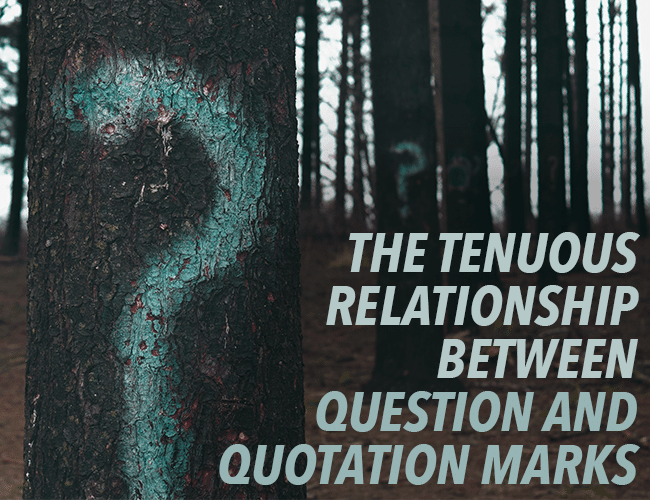
by Liz Bureman |
We’ve covered when to use quotation marks. But when you throw question marks and exclamation points into the mix, things can get a little tricky. Let’s demystify this quotation mark conundrum, shall we?
Buckle up. We may experience some turbulence.
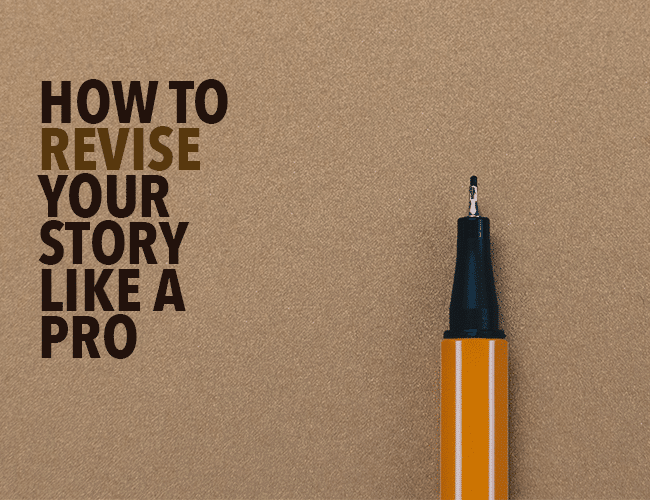
by David Safford |
For most of us, our 2018 writing goals probably involve rewriting a work in progress. It’s a draft, roughly complete or unfinished, that never seems to be “done,” no matter how much we tinker with it.
There’s a reason we get stuck in these perpetual works in progress. And if we don’t figure out how to overcome it, we might find ourselves in the same sticky mess 365 days from now.
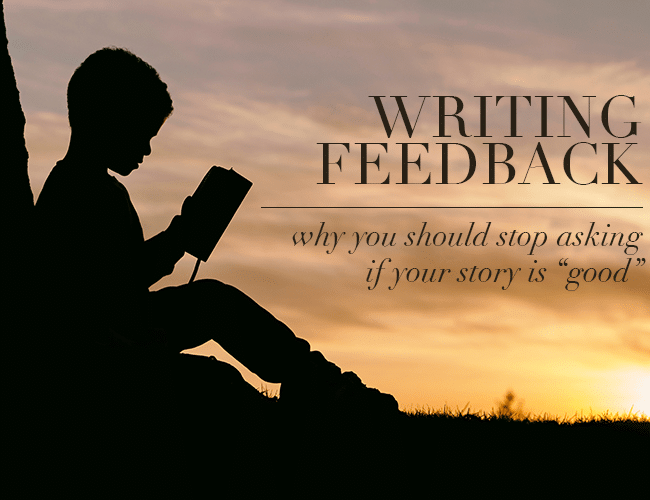
by David Safford |
We all know that feeling. You’ve been slaving over a story. You’re twitchy with caffeine. Your family hasn’t heard from you for hours, or even days.
But then you finish!
If you’re like most writers, you’re thrilled. You’ve just poured your heart and soul into this and you want some sweet affirmation after all your hard work.
So as you share your work, you ask a seemingly innocent question: “Is it good?”
This question may seem harmless enough. But this is a dangerous question, and if you want to become a better storyteller and write stories that actually ARE good, you need to stop asking if your work is “good” and pursue a much different route.

by Guest Blogger |
Have you ever used a word for years — like, maybe during your thesis defense or in a high-profile report for work — then realized one day that you had it totally wrong? That big word you thought was making you look so erudite was, in fact, working against you. Turns out, coif is not the same as coiffure, and you never even realized it.
No one is immune from this, neither journalists nor poets, essayists nor novelists. The problem often stems from our natural inclination as writers to grab hold of an exciting new word and just run with it. Not only do we end up using words just plain wrong, our enthusiasm leads to overuse as well.
By slowing down just a little bit, recognizing common pitfalls, and inserting some deliberate practice into your vocabulary usage, you can turn this trend around.
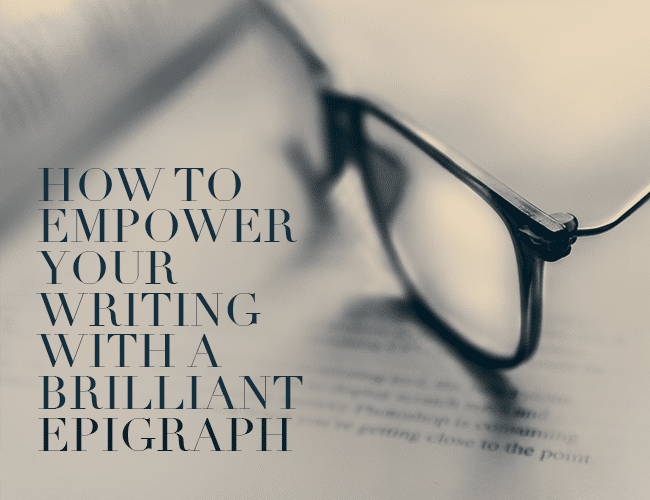
by Guest Blogger |
The epigraph is simply a well-chosen quotation, set at the beginning of a text. Epigraphs can open essays, books, chapters of a book, or even each story in a book—any writing, really, which suggests its theme.
They can, however, do so much more.
After a short primer, just to get us on the same page with a working understanding of the epigraph, and a little confessional angst, you will have a couple of practice challenges to engage your new friends.
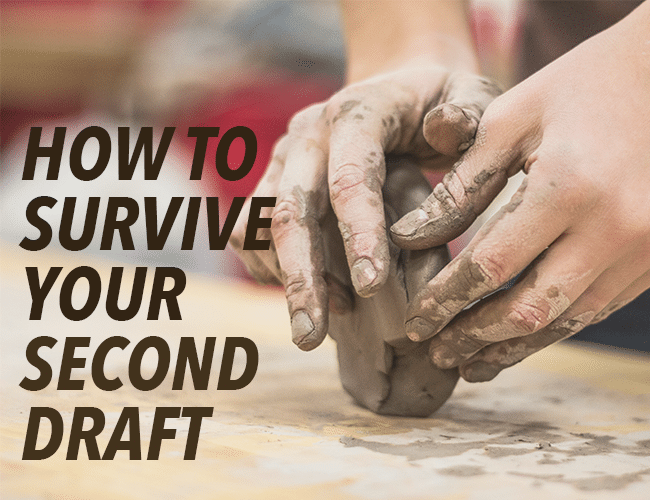
by Kellie McGann |
The next few months I’ve dedicated to finishing the book I’ve been working on for nearly two years. Inspired by Joe’s latest post, I’ve made the commitment to revise the second draft of my book.
I believe, though, the second draft is the hardest. Actually, it’s the worst. All the content of your book is sitting right in front of you like a huge slab of marble mined from your imagination, and you’re expected to take the formless hunk and turn it into Michelangelo’s David.
In finishing the second draft of three books and as I’m embarking on finishing this next one this fall, I’ve compiled these tips for the both of us. Here’s all I know about book editing and surviving the second draft.








